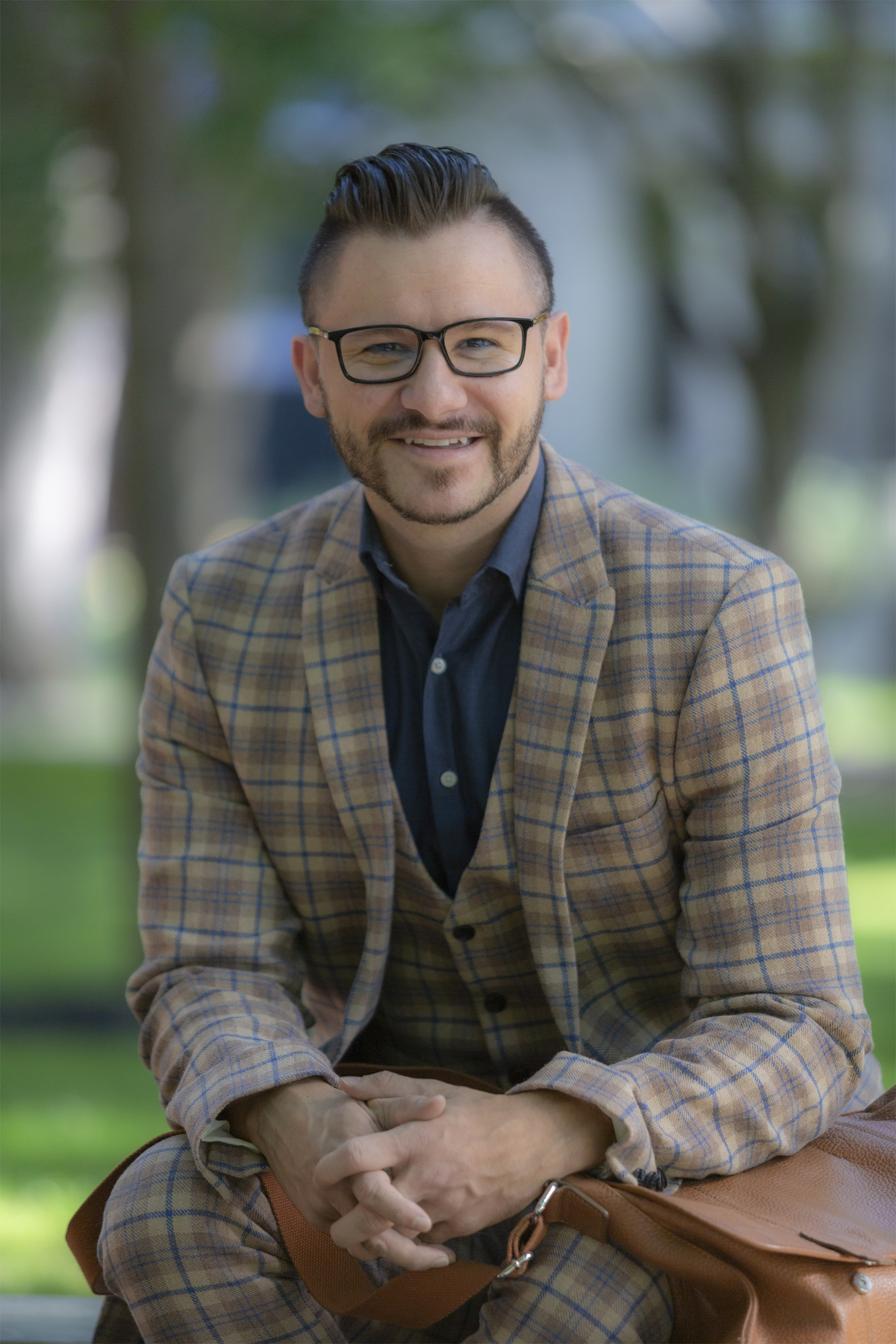
Tell us about a teacher who shaped your undergraduate or graduate education.
I would have to say the professor who has most profoundly shaped my graduate education is Chicano historian Ernesto Chávez. Ernie is a brilliant scholar and a wonderful mentor who shows his students how integral the study of the past is to understanding the future. He once told me that the “writing of history is not merely about reconstructing the past, but instead envisions it in an attempt to empower us in the present and help us build a more emancipatory future.” His words are prescient for 2020 as the nation confronts the dual pandemics of covid-19 and anti-Blackness. Chávez’s scholarship makes visible the connections between borderlands history and Chicanx studies, and how both are foundational to understanding United States history. Recently, us former students and now colleagues of his found out we were given the name, Chavistas, by other students, to signal the genealogy of scholars Chávez has crafted. Chávez suggests that his students read not just historical monographs, but also works of fiction. He says that some of the best histories are told through compelling stories. I agree. The power of the story is its human element, and storytelling as pedagogy is how I’ve learned to communicate change over time.
What book or article has been on your mind recently?
So many great reads. Manu Karuka’s 2019 Empire’s Tracks: Indigenous Nations, Chinese Workers, and the Transcontinental Railroad has been on my mind as I completed and submitted my dissertation. Karuka’s discussion of “countersovereignty” has been especially helpful for my research, as I think about the relationship between the borderlands and the army’s establishment of border forts in Texas and the New Mexico Territory following the U.S. War with Mexico. Karuka’s scholarship is challenging the way historians think about imperialism in the West, and reshaping our understanding of the second half of the nineteenth century.
What you are working on now?
I just submitted my dissertation, which interrogates how U.S. border posts facilitated the collision of race relations among the ethnic Mexicans, African American soldiers, and Native peoples residing in their orbits through Texas, New Mexico, and Mexico from 1846 to 1917. This Fall, I hope to peruse the Beinecke Library’s collections for further archival research that will be incorporated into the book project. I will also be working on an edited anthology regarding the testimonies of queer Latinx historians in academe. This collection brings together queer Latinx History PhDs (there are very few) to talk about how their racial, gender, and sexual identities have shaped their scholarship. Each author explores how their personal experiences with homophobia, sexism, and racism in the ivory tower and History profession impacted their writing of queer trans/her/histories.
Can you tell us about one of your best teaching experiences?
There are several. One of my favorite experiences is teaching the Mellon Mays training program, which I have facilitated seven times throughout this past decade. This particular Mellon Mays summer program held on Bowdoin College’s campus brings fellows from the University of Witwatersrand in Johannesburg, South Africa, and students from Smith College to join Bowdoin’s undergraduates on the Brunswick quad for a five-week research agenda. The chance to assign Michel-Rolph Trouillot’s 1995 Silencing the Past: Power and the Production of History along with Emma Pérez’s 1999 The Decolonial Imaginary: Writing Chicanas into History and most recently, Stephanie Jones-Rogers’s 2019 They Were Her Property: White Women as Slave Owners in the American South created a classroom that centered its discussion on questions of historical representation for Black and Indigenous communities. Toward the end of the course, students found how the U.S.’s past is always changing, and maintained that current and future historiography on race, gender, and sexuality must grapple with questions of holistic representation. I am excited to bring these conversations to RITM and the larger Yale community.
